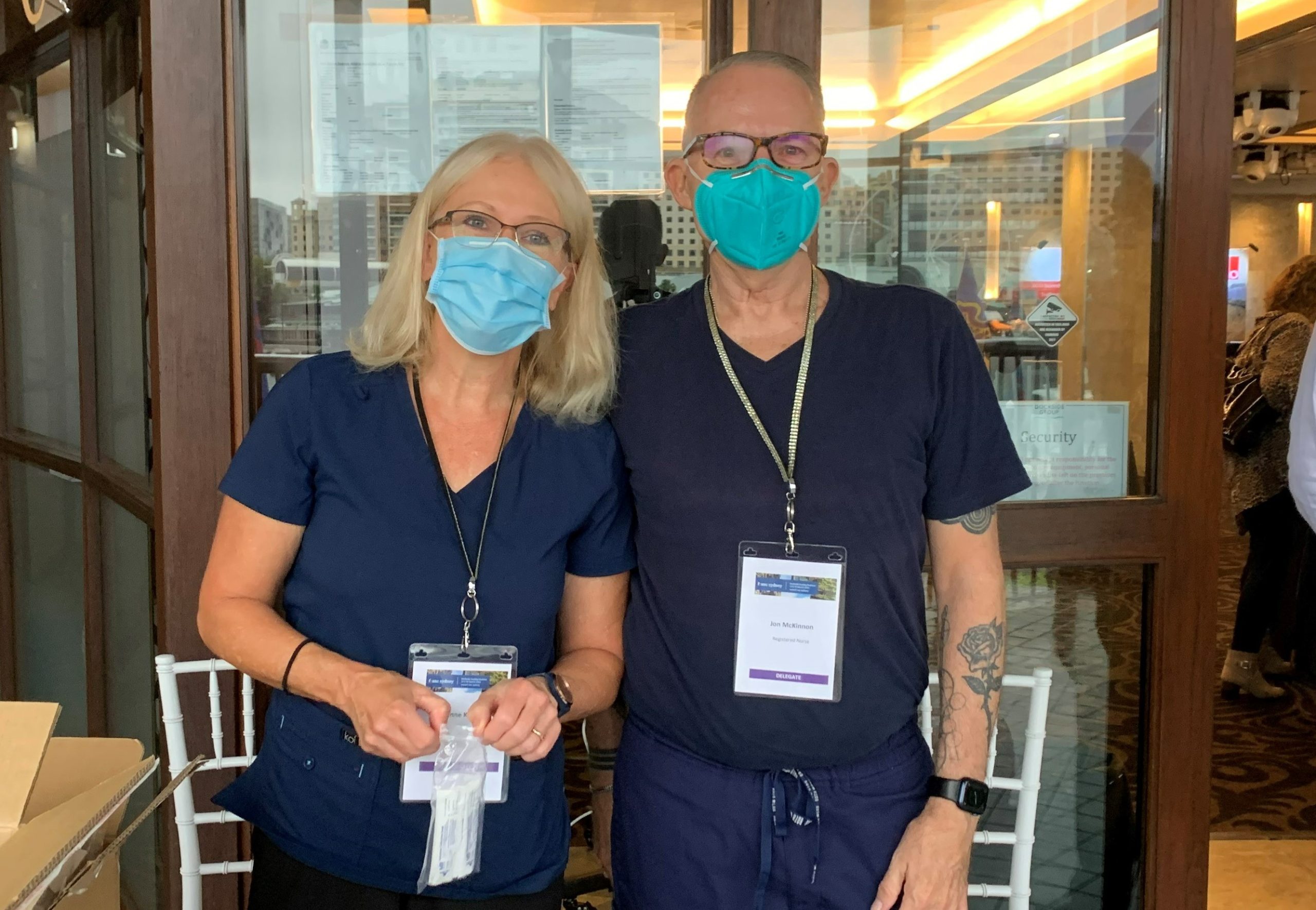One of the challenges for alcohol brands is that many countries put restrictions or even outright bans on advertising the product.
This means that drinks companies have to seek more imaginative ways to boost their brand profile and one obvious way of doing this is through sponsoring spectacular and exciting events.
Global beer brand Heineken has run an internet competition for the past three years that tracks the UEFA Champions Cup from its early rounds right through to the final (www.starfinal.com).
Winners are rewarded with an all-expenses paid trip to an exciting location where they can watch the game live on giant screens. This year, the Thai resort destination of Krabi was the host.

This football tournament, of which Heineken is a key sponsor, has a cumulative audience of over four billion viewers per season in 227 countries around the world.
Previous Star Finals have been held in such radically different destinations as South Africa and Iceland. The proposal to hold the event in the southern province of Thailand was submitted in a pitch among Heineken’s marketing teams worldwide. The Star Final locations, decided by Heineken’s headquarters, are usually premium locations that are exceptional and appealing.
The Thailand Convention and Exhibition Bureau (TCEB) played a major role in Krabi’s win. The bureau’s subsidy programme made the destination attractive and TCEB was able to assist in such things as fast-track immigration clearance for the visitors.
Tim Ellerton, Heineken International’s sponsorship manager (pictured below right, second from the right), said: “We wanted an exotic destination that was not too commercialised. Krabi is an ideal location and the Sheraton was able to give over enough event space and rooms that could cater for 300 participants.
“The aim of our sponsorship is not to link football to alcohol but to reflect the sociability of watching and enjoying football with the Heineken brand.”
Heineken’s online strategy was to create a “viral campaign”, where football fans themselves forwarded links about the competition to their friends, alerted fan bulletin boards and posted information in soccer discussion forums. In short, the fans marketed the event themselves among their own football communities.
Journey
The success of this campaign can be judged by the fact that one group, from Chile, travelled almost 50 hours non-stop across South America, Europe and then Asia to enjoy their prize. Other groups came from West Africa, Europe and most parts of Asia.
In the day and a half before the showing of the game, transmitted in the early hours Thai time, winners were pampered. Lunches, activity programmes and sightseeing trips were arranged, with Thai food and free-flow Heineken always much in evidence.
However, this year’s event posed three problems that would haunt any organiser.
First was the fact that in the period between choosing the destination and the cup final, Thailand had gone through enormous political instability that had brought the tourism industry to its knees.
Thailand’s credibility was on the line.
Second, the H1N1 virus was hitting the headlines. Many people were nervous about travel and about gathering in large numbers with strangers from foreign countries.
Third, on the eve of the final, a tropical storm was battering the Andaman Sea and this outdoor event had been based on the prospect of a balmy, tropical summer evening spent on the beach.
A successful event would send out powerful positive signals that the country was back on the road to recovery.
TCEB was therefore heavily involved in ensuring that the event went like clockwork.
Addressing security concerns, Malinee Kitaphanich, TCEB’s director of meetings and incentives (pictured below, second from left), stressed: “I would like to reassure corporate organisers that delegate safety is first and foremost in our minds, and the government and TCEB have taken a number of steps to strengthen security arrangements at event venues, airports and other public places.
“TCEB also has strengthened its crisis management teams to provide updated on-site information and assistance to delegates.
“It should be clear that the past incidents were limited to a few specific locations and had no effect on business or daily life elsewhere,” Malinee said.
With these government guarantees in place, and with Thai airports and hotels taking the necessary measures to prevent the spread of the flu virus, these issues were little cause for concern.
In response to the storm, the Sheraton Krabi team also modified their catering plans. An outdoor buffet was brought indoors, with minimum disruption. But, thankfully as the kick-off time approached, the skies cleared.
Over 300 fans and Heineken executives from 40 countries were then treated to several hours of entertainment by Thailand’s top reggae and ska bands.
These were joined by a cheerleader team made up of Bangkok university students. All in anticipation of the great contest between Barcelona and Manchester United, two of soccer’s biggest brands in themselves. In the end, Barca won 2-0.
With top-class entertainment, fabulous food and an endless supply of beer, participants were all truly winners. The Sheraton’s staff shone through with excellent service, Heineken’s confidence was rewarded and TCEB could congratulate itself on a job well done. On the night the only real loser was Manchester United.


